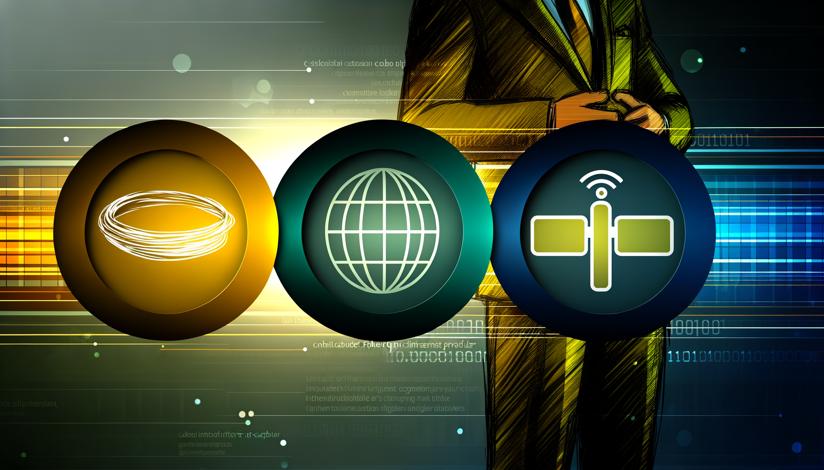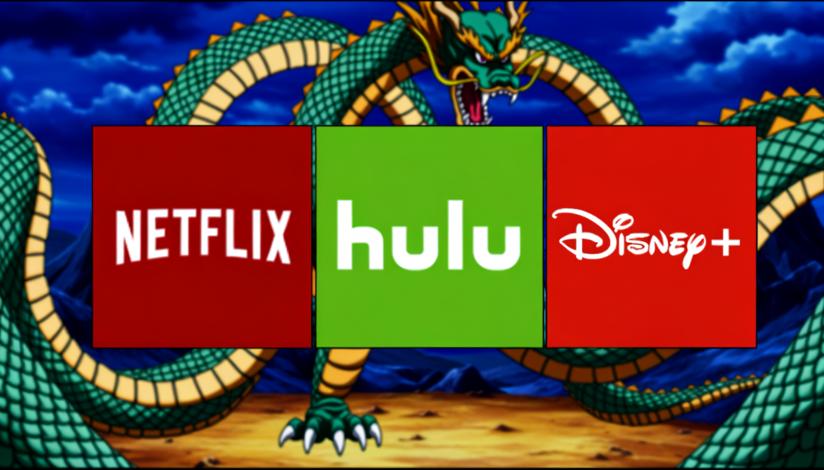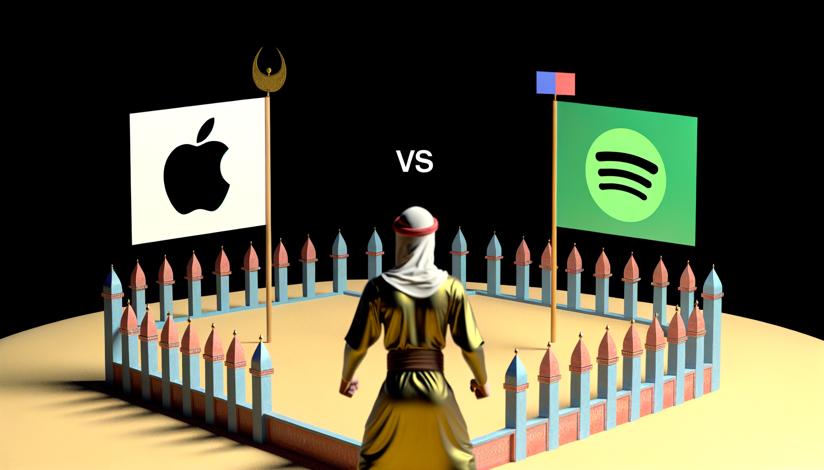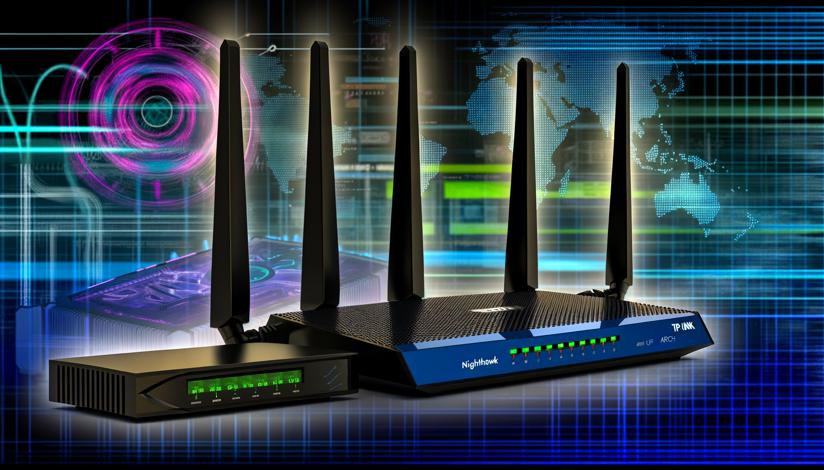

Cable Internet:
Cable internet is one of the most widely available and commonly used types of internet providers. It uses coaxial cables to transmit data, allowing for high-speed internet access. Cable internet is known for its reliability and consistent speeds, making it a popular choice for both residential and business users. It is ideal for streaming, online gaming, and downloading large files. However, the speed and reliability of cable internet can be affected by the number of users in your area. If you live in a densely populated area, you may experience slower speeds during peak usage times.
Fiber Optic:
Fiber optic internet is the fastest and most reliable type of internet connection currently available. It uses thin strands of glass or plastic to transmit data through pulses of light, allowing for incredibly fast speeds. Fiber optic internet is known for its low latency and high bandwidth, making it perfect for heavy internet users and businesses that require a fast and stable connection. It offers symmetrical upload and download speeds, ensuring a seamless online experience. However, fiber optic internet may not be as widely available as cable or satellite internet, and the installation process can be more complex and costly.
Satellite Internet:
Satellite internet is an excellent option for those living in rural or remote areas where other types of internet connections may not be available. It uses satellites to transmit and receive data, offering internet access to areas that cannot be reached by traditional internet service providers. Satellite internet provides reliable speeds and coverage in areas where other options may be limited. However, satellite internet may have higher latency and slower speeds compared to cable or fiber optic internet. It can also be affected by weather conditions, such as heavy rain or snow. It is important to note that satellite internet typically has data caps, meaning you may have a limited amount of data usage per month.

Wide availability
Reliability
High-speed internet access

Speed affected by number of users
Limited availability
Higher latency and data caps




















-
https://www.business.org/services/internet/best-internet-providers/
-
https://www.highspeedinternet.com/resources/fiber-vs-cable-internet
-
https://buckeyebroadband.com/faq/fiber-vs-cable-internet-which-one-is-right-for-you
-
https://www.exede.com/blog/what-is-satellite-internet-and-how-does-it-work/







































